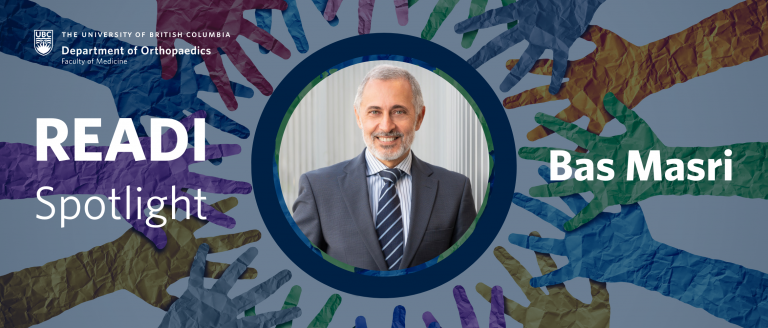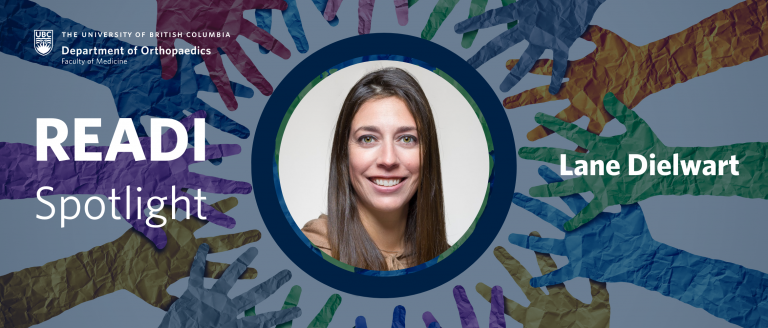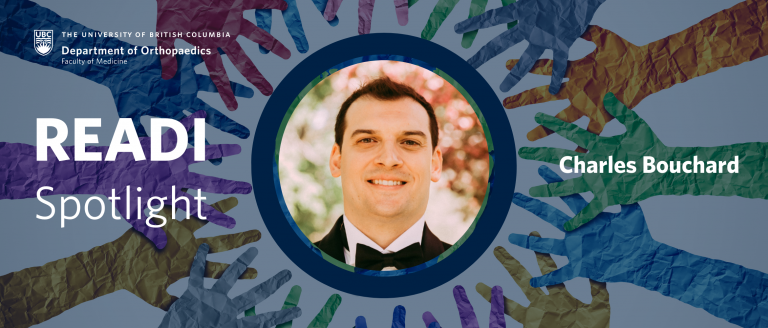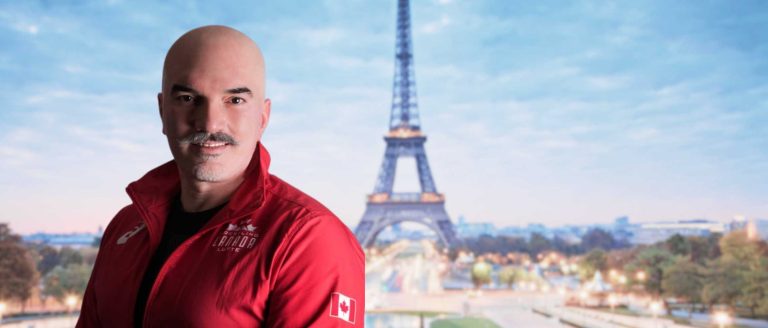By Olatioluwase (Ola) Olatona
For the month of July, each Monday we are featuring an interview with a UBC Department of Orthopaedics member about how equity, diversity, and inclusion (EDI) appears in their life.
In our second spotlight of our four-part introductory EDI Spotlight Series, we speak with Clinical Fellow Judith Nassaazi
Read the first interview with Professor Emeritus Dr. Stephen Tredwell. Watch for upcoming interviews in July with third-year Resident Taylor Crown and Clinical Professor Shafique Pirani.
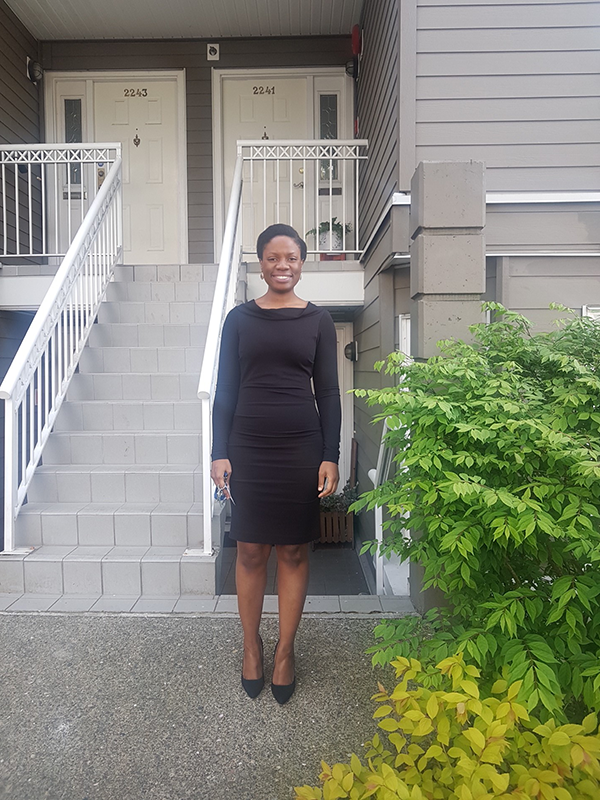
JUDITH NASSAAZI
CLINICAL FELLOW
Division:
Pediatrics
Site:
Vancouver – BC Children’s Hospital
What is your background?
Judith is originally from Uganda and completed her undergrad in Tanzania. She comes from a family of eight girls who received tremendous support from their parents to be educated, especially as women in a society that still puts a higher value on the male child.
At the time when Judith decided to pursue a career in medicine, there was a large need for doctors and after a few years of practice and residency, Judith got into orthopedics. Her choice to pursue orthopedics is in part due to being told that ortho wasn’t a place for women as well as her admiration for Dr. Torres from Grey’s Anatomy. When Judith eventually got into orthopedics, she realized that it was a place in which she felt at home and could flourish. It was a place where she could use her hands to fix things—a place for which she was willing to give up everything and never look back. She is currently finishing up a fellowship at BC Children’s Hospital under the leadership of Dr. Anthony Cooper.
What does EDI mean to you?
Judith believes that EDI involves making the most of the conditions in one’s current setting and taking everyone into account whenever possible.
What role do you see yourself playing in ortho here and at home?
Judith noted that this question was a big one as it tries to define what impact she wants to have in the world. She reflected that for her it’s mostly about the representation of females due to the fact that it was hard for her to insert herself in such a male-dominated field. In addition to this, she would also like to work academically and be a role model for girls who want to be a part of ortho or really any career.
She currently has a job lined up in Uganda at CORSU hospital, one of the hospitals that serves the biggest pediatric orthopedic population. Judith is looking forward to completing her work here and working in an area that has an academic and research side.
Did you face any barriers in your application to orthopedics? Or did you have anyone to advocate for you? What was your journey like to get in?
Her parents were very supportive, they motivated her to be the best version of herself. Others around her encouraged her to be a trailblazer. Her references tried to deter her as they thought that ortho was a weird specialty. Getting into the ortho specialty was hard—out of thousands, 12 were accepted. She was the last of 12 to be accepted and even then, some didn’t believe that she had enough experience, but someone advocated for her behind the scenes and that same individual mentored her through her residency. She got support from people she expected and some unexpected people as well. The mentorship was a really big piece. When she was doing her residency, the head of the department would check in on the students regularly—on one occasion he told her that he was happy that she had made it this far in the program—many women don’t make it past the third year. It also really helped that she didn’t have any other responsibilities besides focusing on school.
What excites you about your work the most? And talk a bit about what you’re doing now.
Judith likes to refer to herself as a big nerd, as she loves reading and learning. She is excited to show up to work and be present every day. She is very excited to continue practicing and learning every day and even more excited to be surrounded by great colleagues and mentors. Each and every day Judith strives to set goals for herself and accomplish them adequately.
Why did you choose pediatric orthopedics?
“Simply put, it’s my happy place!” says Judith. “Kids are fun and cute. Who wouldn’t want to be around that all day?”
Judith believes that it was very important for her to go through a program that provided a hands-on experience. In addition to this, BC was a new and exciting place away from home that had little racism.
Where can we find you when you’re not working?
When she’s not working, she loves to be active. Every day she endeavours to experience for an hour a day. She runs an orthopedic blog called www.littlegrowingbones.com. It’s a website/resource that gives people a breakdown of the conditions and things that her patients regularly deal with. It is also a good resource to filter the relevant information for patients without them feeling overwhelmed. She writes articles at least every two weeks where she answers questions from readers.
